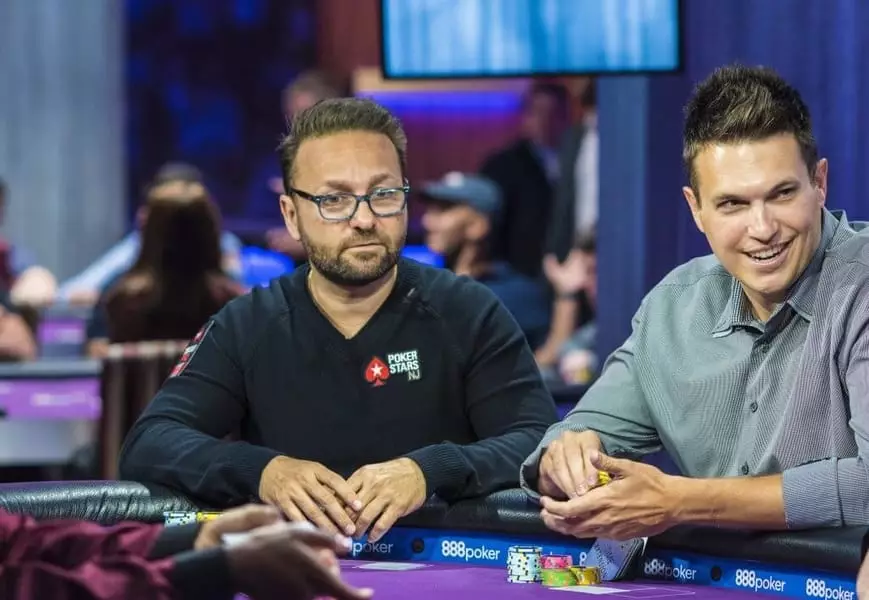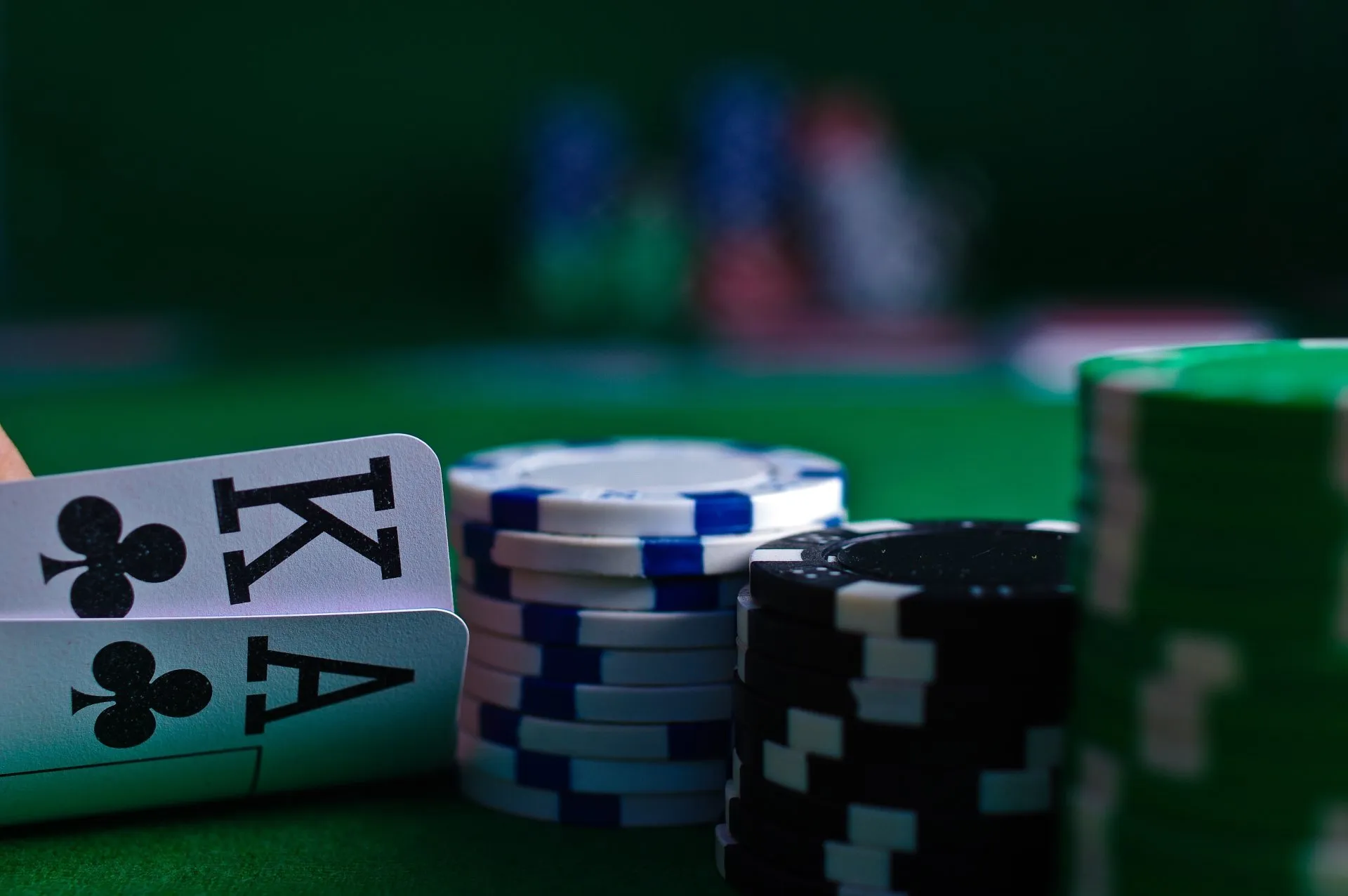If you are an existing poker player or looking to start, or considering becoming one, you may be asking yourself whether it is possible for them to make their hobby their source of income. If that is indeed possible, what steps must they take in order to do this successfully?
At first, it’s important to realize that professional poker players will encounter considerable variance. Upswings and downswings will erode income, time, and energy resources quickly.
Game of chance
Making a living by playing poker may sound attractive, but is it really possible? It requires dedication and hard work.
Some are born with an aptitude for poker, while others must devote themselves to studying it and developing their skills gradually. Unfortunately, even those who learn it well will experience periods of bad variance throughout their careers.
As such, it is wise to set aside three months’ of expenses as a buffer in the event you find yourself short on cash for whatever reason. Doing this could help ensure you can weather an unpredictable time period when earnings don’t match up with expectations.
Once you start playing for money, it’s essential that you maintain discipline and manage your emotions while playing. While this may prove challenging at times when luck doesn’t favor you, this discipline and control is essential in becoming an elite poker player.
Game of skill
Games of skill allow participants to test and demonstrate their mental or physical skill rather than depend on chance for victory, making these a fantastic way of exploring one’s capabilities while encouraging players to consider, comprehend, and experience life more fully.
When playing poker for a living, practice is key – at least 200-300 hours of winning play over an extended period.
Reading your opponent’s game and taking note of their moves can give you an advantage at the table, potentially being decisive to either success or failure at that table.
Skill games differ from luck games by providing players with more control and the opportunity to develop a strategy over time, learning from mistakes made and adapting tactics accordingly in order to increase the chance of winning or success.
Game of psychology
Poker is an engaging combination of skill, chance and psychology that requires reading body language as well as understanding other players’ bluffing and betting patterns.
If you want to pursue poker as a profession, considering enrolling in an academic psychology degree program may help improve your understanding of the game and increase your odds of winning.
Psychology degrees will also equip you with an increased knowledge of human behaviour and psychology – giving you a deeper insight into the actions and reactions of opponents, which allows for effective reading of actions taken against them and response accordingly.
So, for example, many poker players tend to either exhibit tight or loose personality traits when it comes to handling money; tight players tend to be more conservative with their spending while loose players tend to be less disciplined with how they manage their chips.
Game of bluffing
Bluffing is one of the most essential skills a poker player should learn; it will enable you to win many more games and increase your earnings significantly.
When it comes to bluffing, it’s essential that you select your spots carefully based on an analysis of the hand, opponent and other variables.
There are various kinds of bluffs, each with their own set of rules. But here are a few general tips you can follow to increase the success of your bluffing endeavors.
Size matters when placing bets – make sure that the amount you bet is large enough so that your opponent folds his hand!
When bluffing, it is best to target opponents with weak images and poor betting histories in order to increase your success and ensure you make a profit with each bluff you try. This way you are more likely to achieve success and can generate returns through them.





